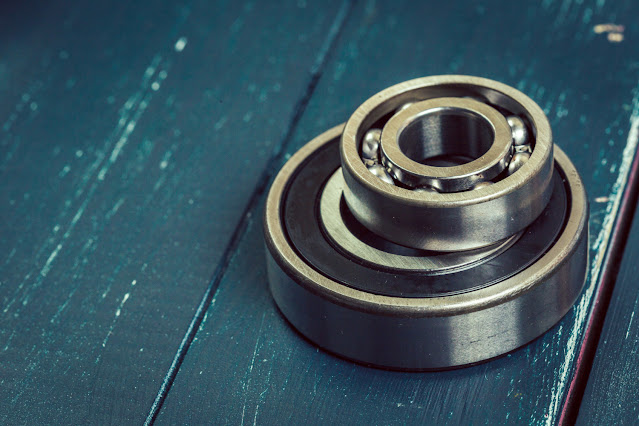BEARING 6205 LLU NTN
Types of Industrial Machine Bearings
Bearing is one of the most important components in any industrial machine, and it's essential that the bearings are of high quality and last for a long time. In this article, we'll discuss the different types of bearings and how they work, as well as some tips on how to choose the right bearing for your application.
Roller Bearings
Roller bearings are the most common type of industrial machine bearings. They are used in a wide range of applications, including printing, sewing, and packaging. They are also used in a variety of industrial machines, including fan motors, pumps, conveyors, and rotary presses.
The main features of roller bearings are their simplicity and their durability. They use a single metal ball that sits in a cylindrical housing. The ball is rotated by the machine's motor, which causes the ball to move along the bearing's axis. This movement causes the housing to rotate around the ball.
Roller bearings are typically composed of two main parts: the housing and the balls. The housing is made out of metal or plastic and has a cylindrical shape. The balls are made out of steel or other metals and fit inside the housing.
The main types of roller bearings include plain bearings, thrust bearings, hydrodynamic bearings, sealed bearings, journal bearings, angular contact ball bearings (AIB), spherical contact ball bearings (SBC), hybrid ABB bearing (HAB), and deep groove ball bearing (DGBB).
Pressure Roller Bearings
Types of industrial machine bearings include roller and ball bearings. Roller bearings are the most common type, and they are used in applications such as car engines, drills, and saws. Ball bearings are less common but are used in applications such as fans and pumps.
Fluid Bearing Bearings
Types of Industrial Machine Bearings
Industrial machines are known for their durability and efficiency. This is why they use bearings that are able to handle a lot of stress and friction. The types of bearings that are used in industrial machines can be divided into two types: fluid bearings and mechanical bearings.
Interrupting Bearings
Types of Industrial Machine Bearings
There are many types of bearings that can be found in industrial machines. These bearings help to reduce the amount of wear and tear on the machine, as well as provide additional stability. Here are three common types of industrial machine bearings:
1. Interrupting Bearings
Interrupting bearings are used in applications that require a great deal of movement, such as in machines that produce textiles or plastics. They use a ball or roller to move the parts and keep them moving smoothly.
2. Self-Lubricating Bearings
Self-lubricating bearings are a type of bearing that uses oil to help reduce friction and wear. This type of bearing is often used in applications where high levels of precision or speed are required, such as in medical equipment or automotive components.
3. Shock Absorbing Bearings
Shock absorbing bearings are used when there is a lot of vibration or shock involved in the application. They help to dissipate the energy and keep the machine running smoothly.
Spiral Beveled Roller Bearings
Spiral beveled roller bearings have a number of distinct advantages over other types of bearings. First and foremost, they are less likely to fail due to wear and tear. This is because the spiral beveling causes the rolling elements to spread the force of rotation over a larger area. In addition, spiral beveled roller bearings are also less likely to suffer from skidding or galling since the rolling elements can move along their circular path without interference from one another.
V-Bearing Bearings
Types of Industrial Machine Bearings
There are many different types of industrial machine bearings, each with its own unique advantages and disadvantages. V-bearing bearings are the most common type, and they're usually the best option for applications that don't require a lot of precision. They're also the cheapest option.
The main downside to V-bearings is that they can be relatively noisy. This is especially noticeable when they're in motion, which can be disruptive to productivity. Another downside is that V-bearings tend to wear out faster than other types of bearings.
The main advantage of V-bearings is their simplicity. They're easy to service and keep running smoothly. Additionally, V-bearings are typically resistant to wear and tear, making them a good option for applications that require high durability but don't need a lot of precision.
Eccentric Bearing
Eccentric bearings are used in industrial machines to allow them to rotate on an axis other than the one that they were designed for. This is done in order to improve the efficiency of the machine. Eccentric bearings are made of different materials and can be either linear or angular. They come in various sizes and shapes, and are usually installed on a shaft that is free to rotate.






